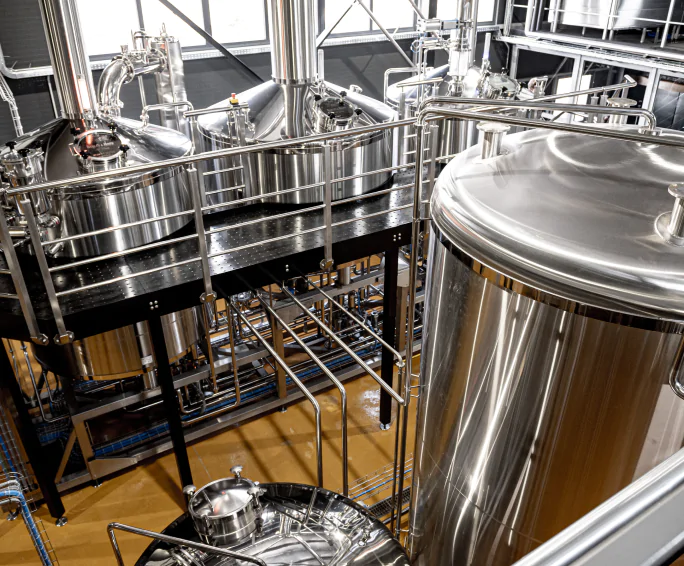Industries
DISTILLERY WASTEWATER TREATMENT
Molasses containing wastewater are generated by distilleries, fermentation industries, sugar mills and other molasses based industries. Molasses from sugarcane industry is it common raw material used in ethanol production due to its easy availability and low cost Wastewater treatment methods aim at the removal of unwanted compounds in wastewater for safe discharge into environment.
This can be achieved by using physical, chemical and biological treatment of distillery effluent is either aerobic or anaerobic but in most cases a combination of both is used. Physical treatment methods such as membrane filtration processes (nano-filtration, reverse osmosis, electro-dialysis) and adsorption techniques. Chemical treatment methods such as coagulation or flocculation combined with flotation and filtration, precipitation flocculation with Fe(II)/Ca(OH)2, electro flotation, electro-kinetic coagulation, conventional oxidation methods by oxidizing agents (ozone), irradiation or electrochemical processes etc., remove toxic material and colloidal impurities. Melanoidins, the complex bio-polymer of amino–carbolyl compounds are very recalcitrant in nature and exists extensively not only in foods but also in wastewaters released from various agro-based industries as sugarcane molasses based distillery and fermentation industries and keeping in view the hazardous nature of melanoidins, its chemical and microbial degradation has been attempted to reduce its pollution load and also to characterize its chemical structure so that better strategies could be made for its degradation and decolourization.



